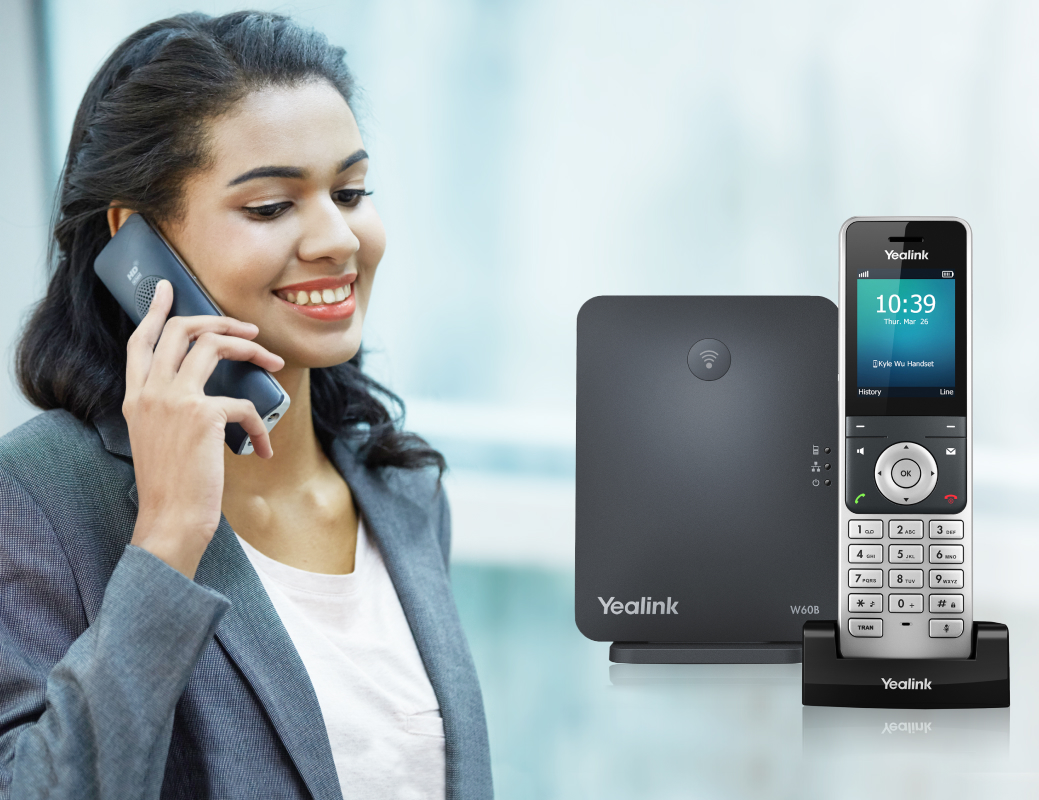Introduction
In an age where communication is paramount, the choice of a reliable phone system can significantly impact business operations and personal connectivity. Enter VoIP phone systems, a technology that revolutionizes how we communicate. By utilizing internet protocols to conduct voice calls, VoIP (Voice over Internet Protocol) offers enhanced features, flexibility, and cost-effectiveness compared to traditional analog systems. This article aims to provide a comprehensive analysis of leading VoIP phones available in the market today, shedding light on their features, advantages, and limitations.
Understanding VoIP Phone Systems
What is a VoIP Phone System?
A VoIP phone system allows users to make voice calls using the internet instead of traditional telephone lines. This technology converts sound into digital data packets and transmits them over IP networks. The result? Clearer calls, lower costs, and advanced functionalities like video conferencing and voicemail-to-email services.
How Do VoIP Phone Systems Work?
VoIP systems work by converting your voice into data packets that are sent over the internet. When you speak into a VoIP phone, your voice is digitized, compressed, and sent across the network. At the receiving end, these packets are reassembled back into sound waves for the recipient to hear.

Benefits of Using VoIP Phones
Cost-Effectiveness: Lower call rates compared to traditional systems. Flexibility: Use your phone anywhere with an internet connection. Advanced Features: Includes call forwarding, voicemail-to-email, and more. Scalability: Easily add or remove lines as needed without significant infrastructure changes.Comparative Analysis of Leading VoIP Phones on the Market Today
When considering a VoIP phone, it's essential to compare various models based on several criteria such as features, price points, user reviews, and customer support. Below is a comparative analysis of some leading VoIP phones currently dominating the market.
1. Cisco SPA 504G
Overview
The Cisco SPA 504G is known for its reliability and robust features tailored for small to medium-sized businesses.
Key Features
- Four Lines Support: Ideal for businesses with multiple incoming calls. High Definition Voice Quality: Offers superior audio clarity. Easy Configuration: User-friendly interface for quick setup.
Pros and Cons
| Pros | Cons | |--------------------------------|----------------------------------| | Excellent voice quality | Limited third-party app support | | Reliable performance | Higher price point | | Multiple line support | No built-in Bluetooth |
2. Yealink T46S
Overview
Yealink T46S stands out with its modern design and advanced features aimed at enhancing user experience.
Key Features
- 7-inch Color Display: Provides intuitive navigation. Support for up to 16 SIP Accounts: Great for large teams. Built-in Bluetooth and USB Ports: Offers additional connectivity options.
Pros and Cons
| Pros | Cons | |--------------------------------|----------------------------------| | Sleek design | May require additional setup | | High scalability | Price may be higher than basic models |

3. Grandstream GXP2170
Overview
The Grandstream GXP2170 is designed for busy professionals needing advanced call handling capabilities.
Key Features
- Dual Gigabit Ethernet Ports: Ensures fast network speeds. 24 Programmable Keys: Allows easy access to frequently dialed numbers. HD Audio Quality: Ensures clear conversations.
Pros and Cons
| Pros | Cons | |--------------------------------|----------------------------------| | High customization | More complex setup | | Integrates well with other devices | Bulky design |
Choosing the Right VoIP Phone System
Factors to Consider When Selecting a VoIP Phone
User Needs: What features are essential for your workflow? Budget Constraints: What are you willing to spend? Compatibility with Existing Systems: Will it work seamlessly with your current infrastructure? Future Scalability Options: Can you expand without replacing your entire system?Common Misconceptions About VoIP Phones
Many people assume that all VoIP phones are created equal; however, this could not be further from the truth! Different brands offer varying functionalities tailored for specific business needs.
Top Brands in the VoIP Phone Market
1. Cisco Systems Inc.
Cisco has long been recognized as an industry leader in networking technology, providing reliable solutions in both hardware and software that enhance communication efficiency through their various models of VoIP phones.
2. Yealink Communications Technology Co., Ltd.
Yealink specializes https://penzu.com/p/f6261d3ce33aed9f in developing innovative communication devices that integrate smoothly with existing infrastructures while maintaining high standards of audio quality.
3. Grandstream Networks Inc.
Grandstream prides itself on delivering cutting-edge telecommunications solutions designed primarily for small businesses looking to scale affordably while enjoying robust functionality in their communication tools.

Features Comparison Table
Here’s a quick comparison table summarizing key details about our featured models:
| Feature | Cisco SPA 504G | Yealink T46S | Grandstream GXP2170 | |------------------------|-------------------|-------------------|----------------------| | Lines Supported | 4 | Up to 16 | Up to 6 | | Display Type | LCD | Color LCD | Color LCD | | HD Audio | Yes | Yes | Yes | | Additional Ports | None | USB & Bluetooth | Dual Gigabit Ethernet |
FAQs About VoIP Phones
FAQ 1: What is the average cost of a good VoIP phone?
The cost typically ranges from $50 to $300 depending on features and brand reputation.
FAQ 2: Can I use my existing internet connection for a new VoIP phone?
Yes! As long as your internet speed meets required bandwidth specifications set by service providers (usually around 100 kbps per concurrent call).
FAQ 3: Are there any hidden fees associated with using a VoIP phone system?
While some providers might have hidden charges like equipment rental fees or early termination penalties; many services come with transparent pricing models that outline all costs upfront!
FAQ 4: How secure are VoIP phone systems compared with traditional phones?
VoIPs can be vulnerable if not appropriately secured but employing encryption protocols alongside firewalls enhances security levels considerably when configured correctly!
FAQ 5: Do I need special equipment for my office's current telephone setup if switching entirely over?
Not necessarily! Many providers offer adapters allowing integration between old analog systems while transitioning towards new digital formats effortlessly!
FAQ 6: Can I make international calls using my new device?
Absolutely! Most plans include competitive rates or even unlimited calling options globally depending upon selected subscription tiers offered by carriers!
Conclusion
In conclusion, choosing the right VoIP phone system can dramatically affect communication efficiency within any organization or personal setting alike! Through our detailed comparative analysis of leading models available today—from Cisco’s well-established offerings down through newer contenders like Yealink & Grandstream—we hope this article provides insight into navigating this complex landscape effectively while highlighting critical factors influencing decision-making processes uniquely tailored towards user needs & expectations alike! It's clear that investing time researching options pays off tremendously long-term; after all—communication remains key in fostering productive relationships whether at home or within professional environments alike!